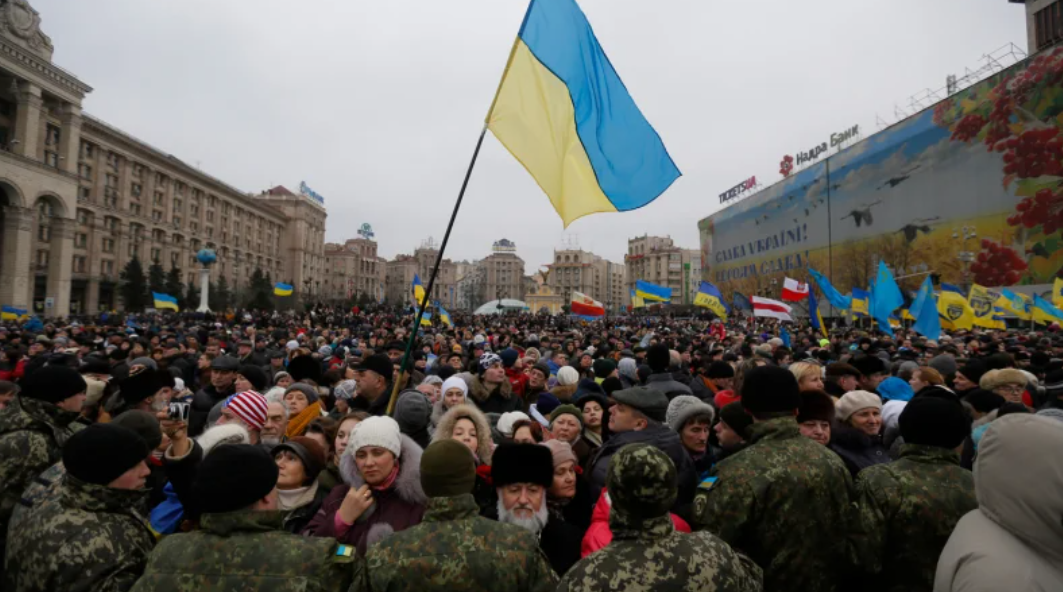Wed Jun 15, 2022
The War in Ukraine: Financing Ukraine's Reconstruction and Affirming Its Security
Russia’s war on Ukraine shows no sign of ending. Recently, it has been announced that all the bridges reaching the city of Severodonetsk, where the battle between the Russian army and the Ukrainian forces in eastern Ukraine continues now, destroyed by the Russians. Serhiy Haidi, the regional governor of Luhansk, stated that the city's connection with the outside has been cut off and it has become impossible to supply the city and evacuate the civilians. Explaining that all three bridges reaching the city were destroyed via the messaging application Telegram, Haidi said, "Those in the city are trying to survive in extremely difficult conditions." Ukrainian President Volodymyr Zelensky also stated that the war in the region had caused "terrible" loss of life.
As the war does not end and continues to make not only Ukrainian but also the world suffer. There are two main problems. The first one is the financing economic reconstruction, and the second one is about affirming Ukraine’s external security. Reconstruction costs are uncertain because the course of the war is uncertain. Ukraine’s prewar GDP was some $150 billion. Given a capital-output ratio of three, and assuming that a third of the capital stock will be destroyed. Despite the fact that alternative assumptions yield alternative scenarios, $150 billion seems like a reasonable starting point for the country. This is not an impossible amount of aid for donors to commit. It is one-sixth the size of the NextGenerationEU program on which European Union states agreed in July 2020. It is one-twelfth the size of the American Rescue Plan Act signed by the President Joe Biden in March 2021.
Still, it seems wrong to ask the United States and Europe to repair what Russia has broken. So, it is tempting to suggest that Ukraine’s reconstruction should be financed by garnishing Russian assets. At $284 billion, the Bank of Russia’s frozen reserves would certainly fit the bill. Because the World is well aware of the fact that Russia started an unprovoked war and committed war crimes. There is also an argument grounded in deterrence. As Zelensky put it at Davos this year, “If the aggressor loses everything, then it definitely deprives him of his motivation to start a war.”
Considering these aids, security guarantees are as vital for economic recovery as they are for the safety of Ukraine’s population. Official aid can’t finance the economy forever; private investment will be required. But foreign investment won’t flow in if security is uncertain. Indeed, Ukrainians themselves won’t invest, either. The West can strengthen Ukraine’s ability to defend itself by giving it more powerful weapons. But as long as Russia is nuclear-armed and Ukraine is not, the strategic balance will be tilted.
